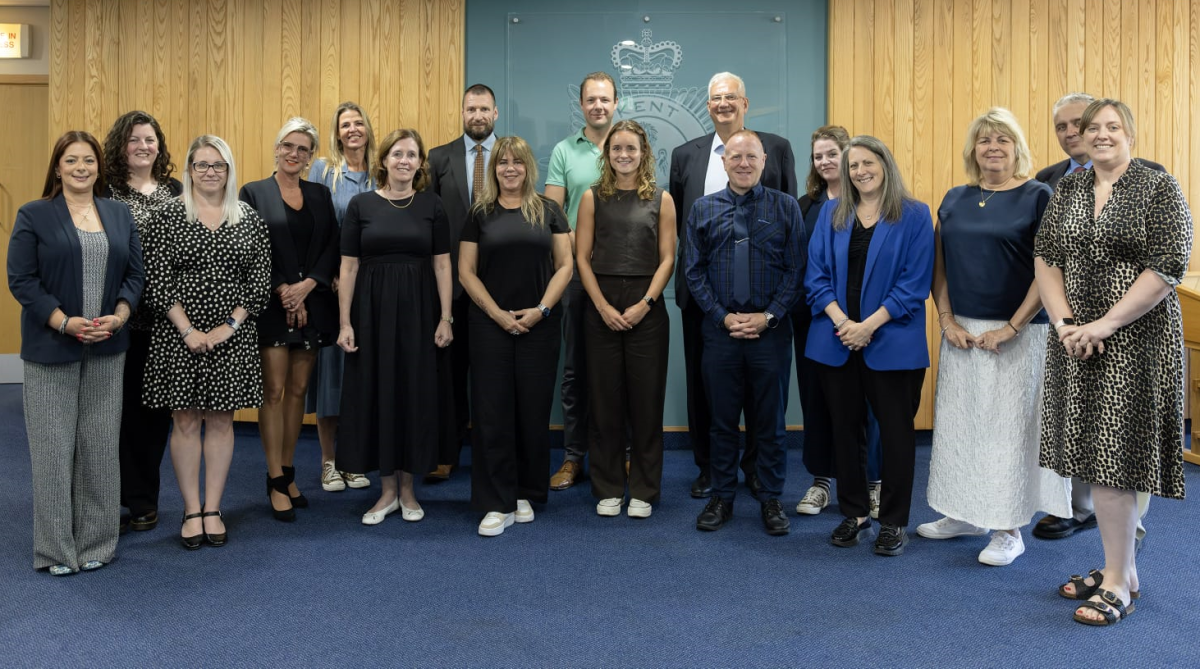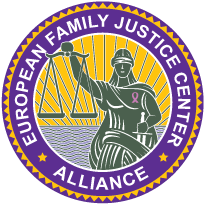Clare's Law: study visit to Police of Kent
July 7-10, 2025
The colleagues of Rotterdam (FJC Filomena, Ombudsman, council of Rotterdam, youth protection, police of Rotterdam) organized a exchange and study visit to Police of Kent, to study the possible implementation in Rotterdam/The Netherlands. The EFJCA took part with a focus on the work on preventing femicides and the exchange through Europe of good practices in prevention of (fatal and non-fatal) gender related and domestic abuse.
The program
The program, offered by Police of Kent, and with cooperation of the Medway Safeguarding Children Partnership, Domestic Abuse Projects & Partnerships, Clarion housing, Medway Council Children’s Services, gave a profound insight in how Clare's Law is implemented and works in practice. We looked into the multidisciplinary approach, the case-building, perpetrator programs and much more.
Domestic Violence Disclosure Scheme
Clare's Law—officially known as the Domestic Violence Disclosure Scheme (DVDS)—is a policy that allows individuals to ask the police if their partner has a history of domestic abuse. It has two main components: Right to Ask (Individuals can request information about a current or potential partner’s past history of violence or abuse) and Right to Knowm(Police can proactively disclose such information to a person at risk, even if they haven’t asked, when they believe it is necessary to protect them).
Clare Wood
Clare’s Law was introduced in the UK in 2014, named after Clare Wood, who was murdered by a partner with a known history of violence. The aim is to help people make informed decisions about their relationships and to prevent future harm.



